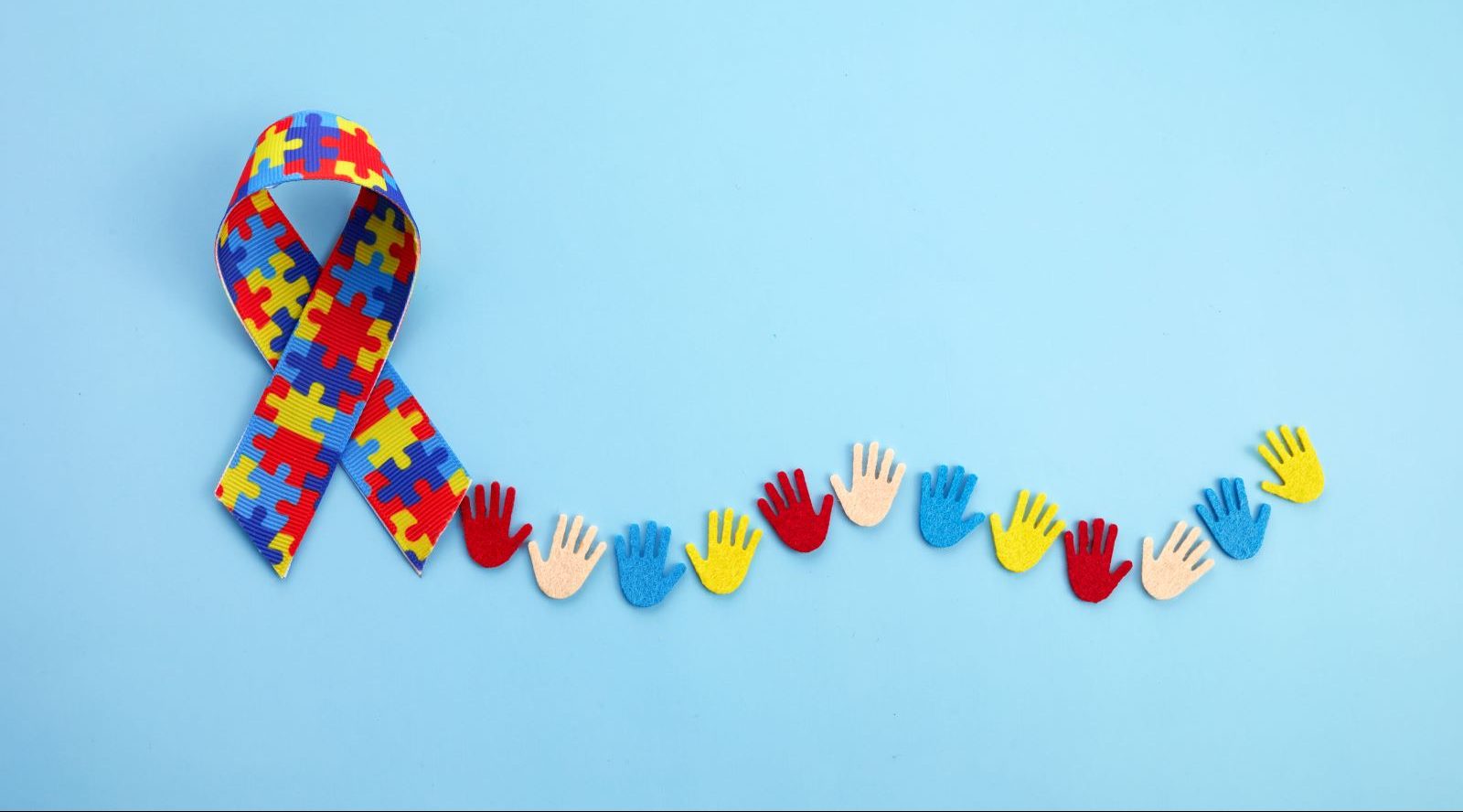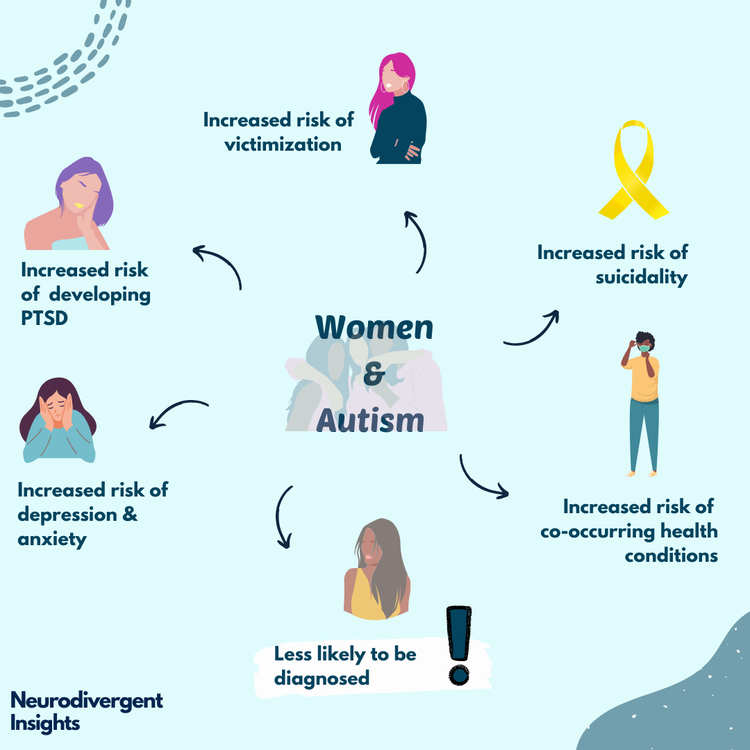Understanding Autism: A Comprehensive Guide to Signs And Symptoms and indications
Autism Range Condition (ASD) incorporates a variety of attributes that can significantly affect a person's social interactions and day-to-day functioning. Identifying the signs and indicators, such as difficulties with eye call, social interaction difficulties, and sensory sensitivities, is important for very early intervention. Comprehending these subtleties not only aids caretakers and teachers in giving ideal assistance yet likewise promotes a more comprehensive environment for people with ASD. As we check out the intricacies of autism, it ends up being important to consider exactly how these indications show up in different ways across the spectrum and what effects they hold for reliable intervention techniques.
Review of Autism Spectrum Problem
Specifying Autism Spectrum Disorder (ASD) includes acknowledging it as a complicated neurodevelopmental condition identified by a series of obstacles in social interaction, interaction, and behavioral patterns. The term "range" shows the wide irregularity in symptoms and their severity, which can differ dramatically from one individual to another. ASD normally manifests in early childhood, although some people may not get a diagnosis until later on in life.
Variables affecting the growth of ASD consist of environmental aspects and genetic tendencies, although the precise reasons remain under investigation. Medical diagnosis often relies on behavioral analyses, as there are no definitive clinical examinations for ASD. Early intervention is important and can dramatically boost outcomes, concentrating on boosting interaction skills, social interactions, and flexible behaviors.
Individuals with ASD might also show special strengths, such as phenomenal interest to information or particular areas of know-how. Comprehending the complex nature of ASD is vital for fostering a comprehensive atmosphere that fits neurodiversity. Continued study is crucial for developing reliable interventions and support group, making it possible for individuals with ASD to thrive and meet their potential within culture.
Typical Indicators of Autism
Identifying the usual signs of Autism Range Problem (ASD) is vital for very early recognition and intervention. These indications can vary commonly in severity and presentation, yet certain attributes are regularly observed in individuals with ASD.
One of the most common indicators is a marked difficulty in preserving and establishing eye contact. Individuals may also exhibit limited interest in social interactions and show a preference for solitary play.
Sensory sensitivities are also typical; people might overreact or underreact to sensory stimuli, such as lights, textures, or sounds. autism. Language growth can be atypical, with some kids exhibiting delayed speech or utilizing language in uncommon methods, consisting of echolalia-- duplicating phrases or sentences heard in other places
It is vital to keep in mind that not every individual with ASD will certainly show all these signs, and the degree of these habits can vary significantly. Early recognition enables timely assistance and resources, enhancing the quality of life for those on the spectrum.
Social Communication Difficulties
Social communication obstacles are a trademark of Autism Range Problem (ASD), affecting an individual's ability to engage properly with others. These troubles can materialize in various methods, including difficulties in initiating and keeping conversations, recognizing social hints, and responding properly in social communications.
Individuals with ASD might have problem with nonverbal interaction, such as eye contact, faces, and body language. This can cause misconceptions, click here now as their communicative intent may not be correctly analyzed by others. Moreover, they may locate it challenging to realize the subtleties of tone and context, which are important for effective interaction.
In group settings, individuals with ASD might feel overloaded and may not understand exactly how to join in conversations (autism). They may additionally exhibit atypical conversational patterns, such as monologuing about certain rate of interests without identifying social reciprocity
Moreover, these difficulties can lead to social seclusion or troubles in forming relationships, as peers might misunderstand their behavior or interaction design. Recognizing these social interaction obstacles is essential for promoting helpful atmospheres that advertise social abilities growth and boost the high quality of communications for people on the autism range.
Sensory Sensitivities and Reactions
Numerous people with Autism Range Problem (ASD) experience heightened sensory level of sensitivities that can considerably influence their every day lives. These sensitivities might manifest as over-responsiveness or under-responsiveness to sensory stimulations, consisting of noises, lights, textures, preferences, and smells. An individual with ASD may discover day-to-day noises, such as a vacuum cleanser or crowded environments, extremely upsetting, leading to stress and anxiety or meltdowns. On the other hand, some may exhibit an indifference to pain or severe temperatures, which can position safety problems.
Sensory handling distinctions in Bonuses people with weblink ASD can likewise affect their capacity to engage in regular tasks and social communications. For example, a child who is sensitive to touch might resist physical love or stay clear of particular garments textiles. Conversely, a preference for sure textures or tastes can restrict dietary options and create difficulties throughout mealtimes.
Recognizing these sensory sensitivities is necessary for identifying the unique experiences of individuals with ASD. Understanding of their sensory accounts can promote far better communication and assistance techniques, producing a setting that fits their requirements and improves their lifestyle. Inevitably, recognizing sensory level of sensitivities is an important element of understanding the more comprehensive spectrum of autism.

Supporting People With Autism
Effective support for people with Autism Range Disorder (ASD) is essential for boosting their general well-being and promoting self-reliance. Assistance strategies ought to be tailored to satisfy the unique needs of each individual, considering their challenges and staminas.

Social skills training can likewise play an essential duty. autism. Involving individuals in team tasks or role-playing circumstances can enhance their ability to navigate social interactions. Furthermore, it is necessary to enlighten relative, caretakers, and peers concerning ASD to cultivate a encouraging and comprehensive area
Verdict
Finally, a comprehensive understanding of Autism Spectrum Disorder is important for recognizing its symptoms and signs. Early identification of typical characteristics, such as social interaction difficulties and sensory level of sensitivities, allows caregivers and educators to apply effective interventions. By cultivating enhanced interaction and social abilities, individuals with autism can navigate their settings a lot more effectively. Ultimately, increased recognition and assistance can substantially enhance the quality of life for those impacted by ASD.
Autism Spectrum Disorder (ASD) includes a large variety of characteristics that can dramatically influence a person's social interactions and everyday functioning.Individuals with ASD may battle with nonverbal communication, such as eye call, facial expressions, and body language.Several individuals with Autism Range Condition (ASD) experience enhanced sensory sensitivities that can dramatically influence their daily lives.Sensory handling differences in individuals with ASD can also affect their capacity to involve in social communications and regular activities.Understanding these sensory sensitivities is important for identifying the distinct experiences of people with ASD.